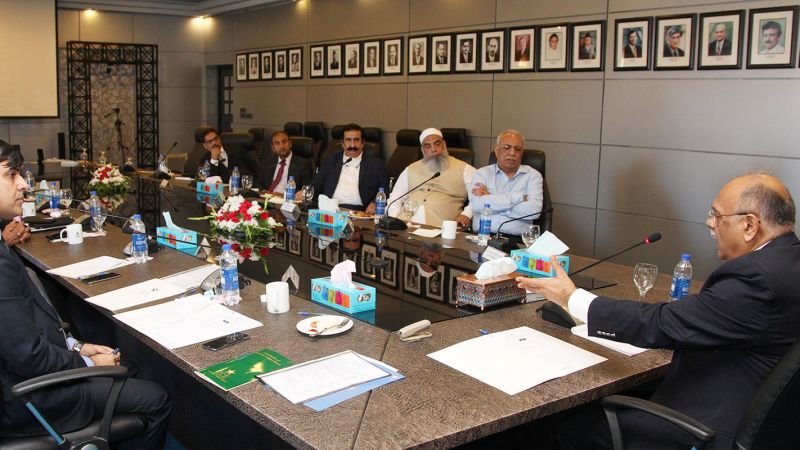Over two months on from the dope test, and three weeks since the results of that test became public, the Pakistan player who tested positive for a prohibited substance is yet to face any action.
The player in question underwent a test in Faisalabad during the 50-over Pakistan Cup in the last week of April. News of a positive test only emerged through media reports, even though the adverse analytical finding from the WADA-accredited lab in India had reached the PCB in early June.
The PCB was forced to tweet out a confirmation that a player had tested positive, but also said that under the ICC’s rules, it could not name the player until the chemical report was confirmed by their own government’s anti-doping agency. “We should have an answer in a day or two,” the board said in the tweet.
That was on June 20, since when there has been no answer. The details of why there has been such a delay in getting the reports confirmed is unusual – one PCB official told ESPNcricinfo that the review board of the government’s anti-doping agency was doing a very thorough check of the lab results, which was causing the delay.
A PCB official said that “the review board report will be out within the next two-three days”.
The government’s anti-doping agency is regulated by the Pakistan Sports Board, but an official from PSB confirmed to ESPNcricinfo that, as of July 8, the body hadn’t received any request for a review from PCB.
The timeline of this particular case stands in stark contrast to the last doping case the PCB handled. On October 5, 2017, Imran Butt tested positive during the Quaid-e-Azam Trophy. A positive finding was confirmed by November 6, a review panel was set up the same day, he was provisionally suspended the following day and by November 15, a notice of charge had been issued.
In this case, the PCB is yet to confirm the name of the drug or the prohibited substance found in the player’s urine sample. But if the review board confirms that a prohibited substance was indeed present in the sample, then the player will be ineligible to take part in the game for four years, given it’s his first offence. That sanction can be reduced only if the player manages to establish that he had no significant fault, or negligence, about the doping violation.
